Yong Xiao Wang, Albany Medical College, United States
Vascular dementia is a neurodegenerative disease. This disease is also known as vascular contributions to cognitive impairment and dementia (VCID). As well documented, VCID has high morbidity and mortality, and diabetes is a leading factor in the development of VCID. However, the [....] » Read More





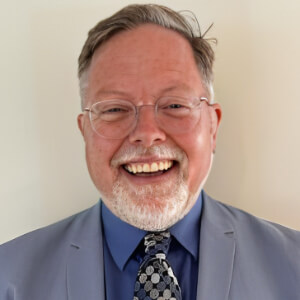
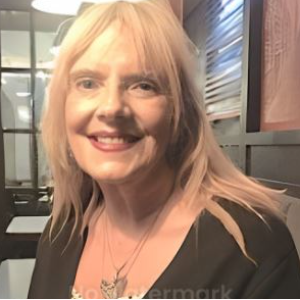
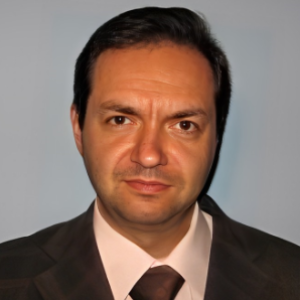
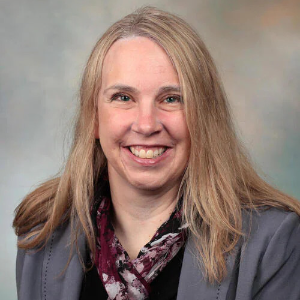



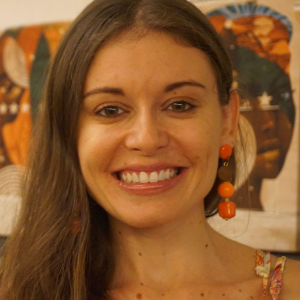
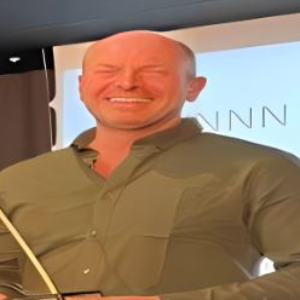
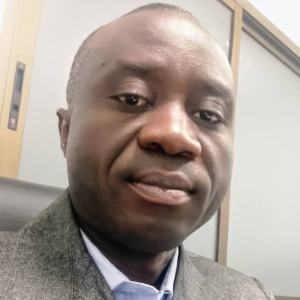
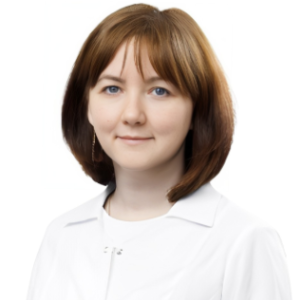
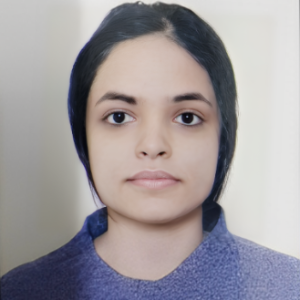
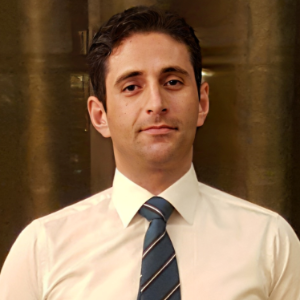



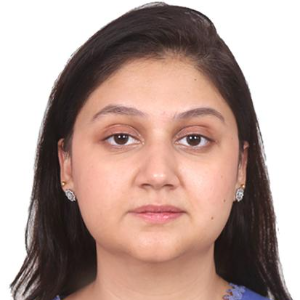

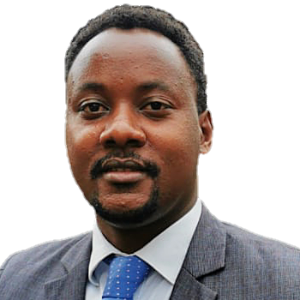

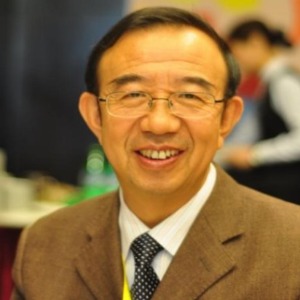
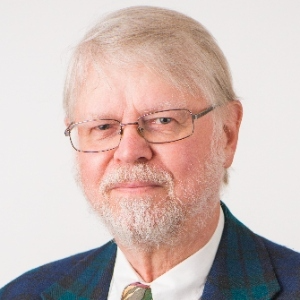
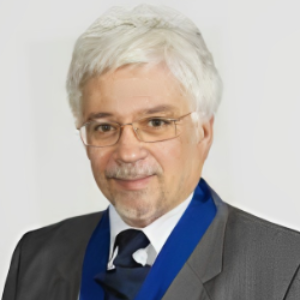
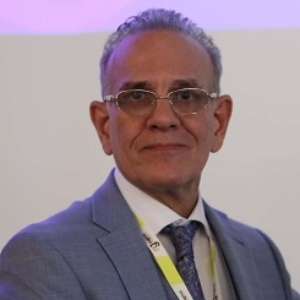
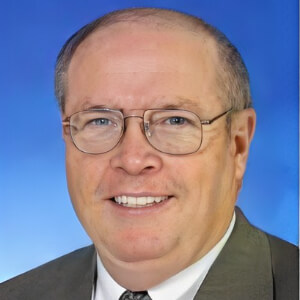
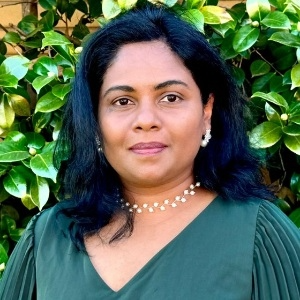
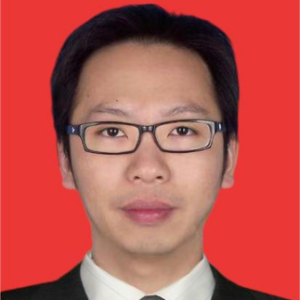
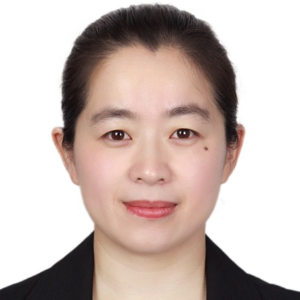
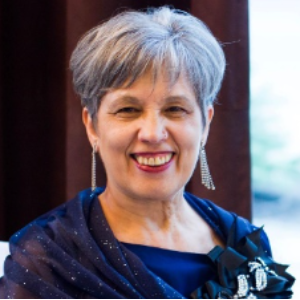

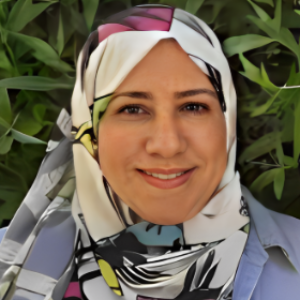

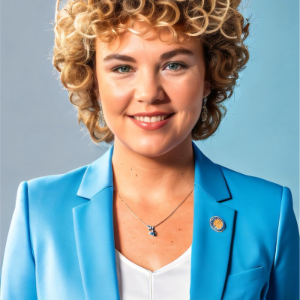

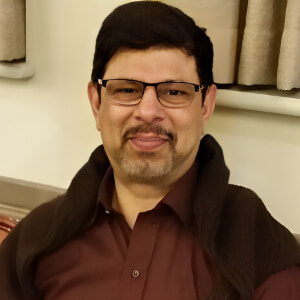
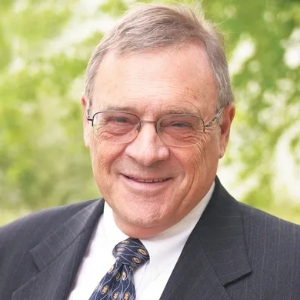



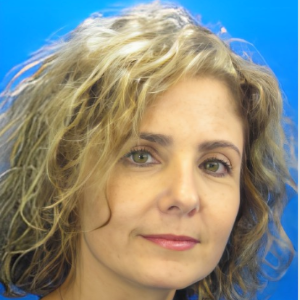
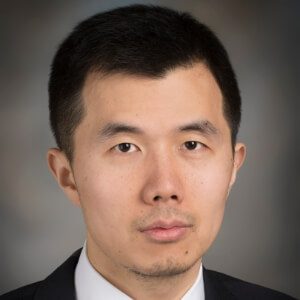
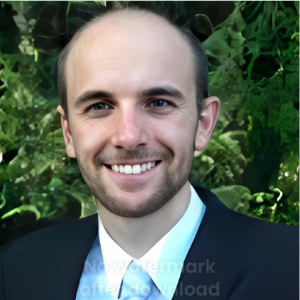



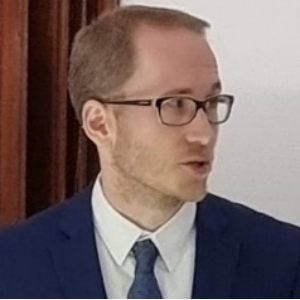
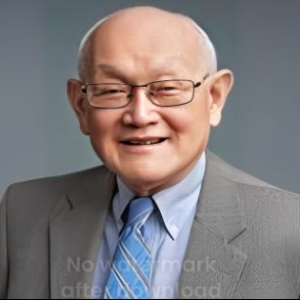
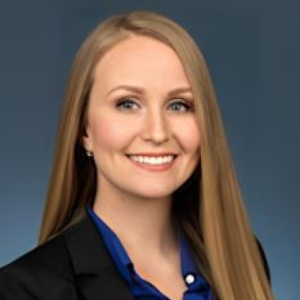


Title : Effects of neuronavigated TPS: A novel tool of Non Invasive Brain Stimulation (NIBS)
Ulrich Sprick, Heinrich Heine University, Germany
Treatments of patients with severe therapy-resistant dementia and depressive disorders repeatedly pose enormous challenges in psychiatry and neurology. Transcranial pulse stimulation (TPS) as a new non-invasive therapy method could represent a new alternative to standard treatmen [....] » Read More
Title : Neuroinflamation and venous lesion of the neck veins role in inner ear disease
Aldo Bruno, Vascular Dep PIO XI Clinic Rome, Italy
Purpose: To evaluate the relationship between Meniere’s disease and chronic cerebrospinal venous insufficiency (CCSVI) using ultrasonography, magnetic resonance imaging, and venography and the effectiveness of angioplasty for reducing the symptoms of inner e [....] » Read More
Title : Development of the early diagnosis of parkinson’s disease at the prodromal stage
Michael Ugrumov, Institute of Developmental Biology RAS, Russian Federation
Parkinson’s disease (PD) is diagnosed many years after its onset, under a significant degradation of the nigrostriatal dopaminergic system, responsible for the regulation of motor function. This explains rather low effectiveness of the treatment of patients. Therefore, one [....] » Read More
Title : Synaptic plasticity induced by transcranial magnetic stimulation
Joshua Brown, Harvard Medical School, United States
Transcranial Magnetic Stimulation (TMS) now has widespread clinical utility far outpacing an understanding of how it modulates the brain – limiting optimization. Behavioral and network effects are subserved by cellular changes, most prominently at the synapse. ‘Excita [....] » Read More
Title : Genetic and cytokine influences on cognitive recovery following traumatic brain injury: A longitudinal study
Emily R Rosario, Casa Colina Hospital and Centers for Healthcare, United States
Objectives: This study aimed to investigate the relationship between APOE genotype, cytokine levels, and cognitive outcomes in patients recovering from traumatic brain injury (TBI). The objectives were to assess the impact of APOE ε2 and ε4 variants on cytoki [....] » Read More
Title : Brain health update: Current trends and future directions
Dixie J Woolston, Mayo Clinic Arizona/Scottsdale, United States
The field of brain health is undergoing rapid advancements, driven by increasing understanding of the brain's complexity and the rising prevalence of neurological disorders. This update explores current trends and future directions in brain health research and practice. Recen [....] » Read More
Title : The brain mechanism regulating mammalian reproduction
Hiroko Tsukamura, Nagoya University, Japan
Accumulating evidence suggests that hypothalamic kisspeptin neurons are the master regulator for mammalian reproduction to govern the hypothalamus-pituitary-gonadal (HPG) axis. Indeed, mutation or deletion of kisspeptin gene (Kiss1) or its receptor gene (GPR54) causes hypog [....] » Read More
Title : Recent advances in brain imaging
Mohit Saxena, Northwestern University Feinberg School of Medicine, United States
Introduction: Brain surgery may benefit from functional MRI (fMRI) that can detect changes in cerebral blood flow and oxygen utilization caused by tissue activation. Therefore, the patient needs to perform certain tasks in the scanner while fMRI is acquired. However, task-ba [....] » Read More
Title : EEG application pre-and post-cerebral cortex disconnection surgery in intractable epilepsy
Shuhua Chen, Capital Medical University, China
Cerebral cortex disconnection surgery is a surgical treatment method for drug-resistant epilepsy patients. By this surgical technique,the connection between the epileptic cerebral tissue and its related structures and adjacent brain tissue were disconnected completely. It means t [....] » Read More
Title : In vitro investigation of neuroprotective effects: Unveiling the impact of Aβ25-35-induced oxidative stress on SH-SY5Y cells and the therapeutic potential of phytochemicals
Harkomal Verma, Central University of Punjab, India
Alzheimer’s disease (AD) is intricately linked to oxidative stress induced by the accumulation of amyloid beta (Aβ) peptide, disrupting cellular functionality. This comprehensive study investigates the multifaceted impacts of Aβ25-35-induced oxidative stress on hu [....] » Read More
Title : Understanding academic and educational problems fit for purpose in the contributing to attentional and learning difficulties in our children
Rahul Hajare, Sandip University, India
Innocent smile is a natural transition that consists of biological and psychological changes that occur for children. ADHD, painful, is a common condition of pain that affects a wide range of young children capable of reducing their quality of life, decrease their ability to func [....] » Read More
Title : Exploring the enablers and barriers to implementing evidence-based practice in acute stroke care
Kelsey Bonnici, University of Malta, Malta
The integration of evidence-based practises (EBPs) plays a crucial role in enhancing patient outcomes and lessening the impact of post-stroke disability, particularly in the realm of acute stroke care within the healthcare field. The objective of this study is to explore the vari [....] » Read More
Title : Validation of instadx, a clinical decision support tool information technology based application for ischemic stroke sub-type diagnosis
Saadia Sattar, Aga Khan University, Pakistan
Globally ischemic stroke is the second leading cause of mortality and morbidity among the adult population. Prompt diagnosis of ischemic stroke sub-type can lead to better clinical outcomes. This study aimed to adapt and develop mHealth-based android application ‘InstaDx&rs [....] » Read More
Title : Role of care homes & assisted living facilities in caring for people with neurological disorders
Veronicah Akankunda, Golden Age Elderly Homes Kampala, Uganda
Introduction: Dementia is an age mental disorder that makes victims lose normal functionality that need delicate attention. It has been technically defined as a clinical syndrome characterised by a cluster of symptoms manifested by difficulties in memory, disturbances in spe [....] » Read More
Title : Transcranial pulse stimulation for the treatment of patients with alzheimer's dementia
Dilana Hazer Rau, Storz Medical AG, Switzerland
Transcranial Pulse Stimulation (TPS) is a non-invasive procedure for the treatment of patients with Alzheimer's disease. Alzheimer is the most current form of dementia, affecting millions of patients worldwide. As a neurodegenerative disease, it is associated with a prog [....] » Read More
Title : Clinical improvement of visual complaints in benson’s symdrome with TPS-treatment: A case series on atypical dementia
Ali Riza Gunes, Alexius/Josef Hospital Neuss, Germany
Background: Atypical dementias often go unrecognized in everyday clinical practice. In 1988, Frank Benson and colleagues first described a case series of 5 patients with progressive visual complaints in the form of Balint's syndrome (visual ataxia, ocular apraxia, simult [....] » Read More
Title : TPS vs TMS - A power comparison
Oliver Seemann, Psychiatriezentrum Breitenau, Switzerland
rTMS (repetitive transcranial magnetic stimulation) is yet a well know neurostimulation technique, which is now challenged by TPS (transcranial pulse stimulation). TMS has been investigated since around 40 years and conquered an undisputed place in clinical treatment, most of all [....] » Read More